| Salary: | E 14 TV-L (€4,419 - €6,258) |
| Employment begins: | Jan. 1, 2024 |
| Contact: | jobs.nano@tu-dresden.de |
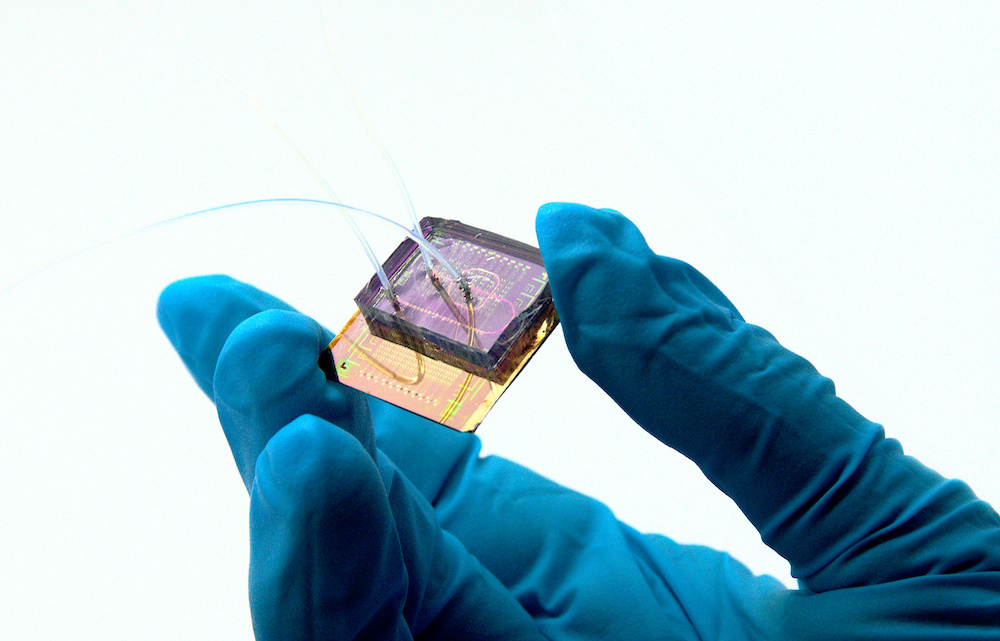
(Bio)sensor development enabled by advances in micro- and nanofabrication as well as microfluidics has been a growing field since decades ago, aiming at facilitating the task of disease detection or physiological parameter monitoring. We have seen biosensor evolution from the first glucose detecting devices in the 60s to be used in medical facilities to the more recent point-of-care devices handheld by the patients themselves at the comfort of their own home. Among the existing sensors, those relying on nanomaterials and nanostructures as sensing surface offer the highest sensitivity, as demonstrated during the last two decades, even reaching the possibility of single molecule detection. Those with transduction mechanisms based on electrical effects (electrochemical, potentiometric, impedimetric, etc.) provide the finest suitability for miniaturization, requiring simpler setups where arrays of many sensors can be combined for a label-free and continuous analysis of the analyte of interest. In this way, full integration possibilities exist in combination with further circuit packaging for signal processing which require standard electronic microfabrication processes.
Please submit copies only, as your application will not be returned to you. Expenses incurred in attending interviews cannot be reimbursed.
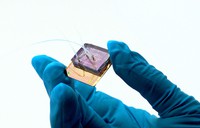






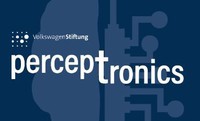

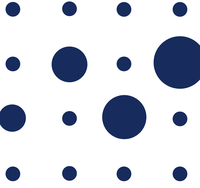



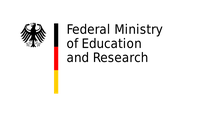













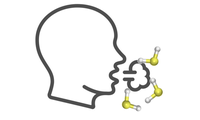

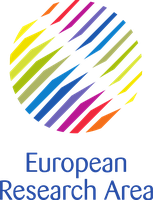

| Salary: | E 14 TV-L (€4,419 - €6,258) |
| Employment begins: | Jan. 1, 2024 |
| Contact: | jobs.nano@tu-dresden.de |

(Bio)sensor development enabled by advances in micro- and nanofabrication as well as microfluidics has been a growing field since decades ago, aiming at facilitating the task of disease detection or physiological parameter monitoring. We have seen biosensor evolution from the first glucose detecting devices in the 60s to be used in medical facilities to the more recent point-of-care devices handheld by the patients themselves at the comfort of their own home. Among the existing sensors, those relying on nanomaterials and nanostructures as sensing surface offer the highest sensitivity, as demonstrated during the last two decades, even reaching the possibility of single molecule detection. Those with transduction mechanisms based on electrical effects (electrochemical, potentiometric, impedimetric, etc.) provide the finest suitability for miniaturization, requiring simpler setups where arrays of many sensors can be combined for a label-free and continuous analysis of the analyte of interest. In this way, full integration possibilities exist in combination with further circuit packaging for signal processing which require standard electronic microfabrication processes.
Please submit copies only, as your application will not be returned to you. Expenses incurred in attending interviews cannot be reimbursed.






























